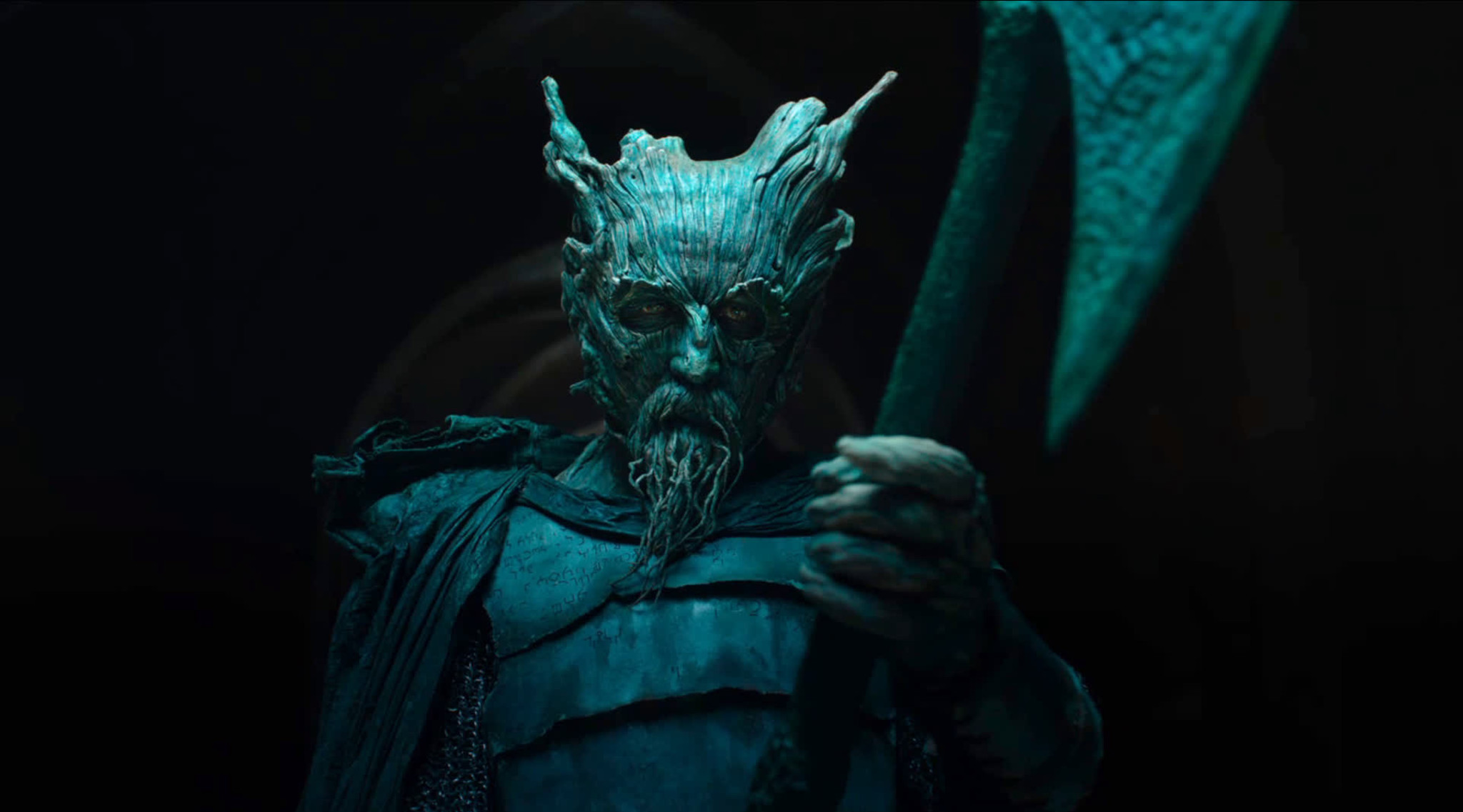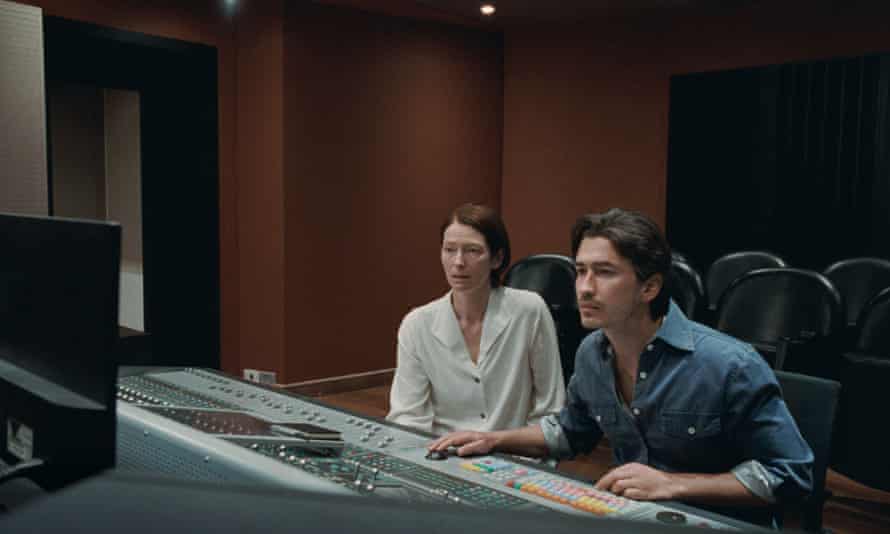Memoria (2021) Directed by Apichatpong Weerasethakul
9C
A loud thump wakes Jessica (Tilda Swinton) in the middle of the night. She thinks it is because of a construction project, but finds out there is no such work in progress anywhere near her. Troubled but not panicked, she seeks to find out what this strange sound is.
Memoria chronicles in a very oblique way how her exploration moves forward in unpredictable ways. Thai director Apichatpong Weerasethakul makes movies that reflect a radically different world view from what we hold in the West. The Thai cultural view of reality is a multi-dimensional one, incorporating the incorporeal as it were. There is plenty of mysticism in Weerasethakul’s vision but not the kind with which we are familiar. There is nothing exotic about this mysticism; rather it is commonplace, just the way things are in the Thai way of seeing things.
Memoria is a movie about displacement and memory and the weight of the past, but these things are filtered through that unique cultural lens. So is the approach to narrative, to specific answers to specific questions, to closure--are all radically different than what we expect from most movies. A series of almost random scenes explore Jessica’s quest to learn about the sound in the night, scenes that speak indirectly while, nonetheless, constantly widening the scope of what is happening to Jessica. A dog that seems to follow her; an acquaintance she was sure was dead; dreams that haunt her as if from a separate, distant past; a colleague who may not actually exist—it is no surprise she feels unglued from time.
Memoria is a movie that does for sound what
Blow Up did for the still photograph. At points I got the feeling that I was watching this movie with my ears. There is a wonderful scene between Jessica and Hernan, an acoustic technician, as they try to recreate the sound that she heard in the night. We listen with rapt attention as they come closer to capturing It. But once they nail it, what do they really have? The sequence recalls the David Hemmings scene in
Blow Up where he looks at the blown-up prints of the shots he took in the park and tries to unravel the mystery of what really went on there. Here sound serves the same function as the blow ups. They reveal something, yes, but the full import of what they reveal never quite becomes tangible. The beautiful framing of scenes, the subtle dialogue, Tilda Swinson’s perfectly judged performance, all contribute greatly to a movie whose immersive meditative quality requires a totally different response from its audience than most will have experienced at the movies.
Subtitles and English
Best of '21
1,
Memoria, Weerasethakul, Thailand/Columbia
2.
The Power of the Dog, Campion, US
3.
Drive My Car, Yamaguchi, Japan
4.
The Lost Daughter, Gyllenhaal, US
5.
Annette, Carax, US
6.
The Cloud in Her Room, Zheng, China
7.
The Worst Person in the World, Trier, Norway
8.
The Hand of God, Sorrentino, Italy
9.
Red Moon Tide, Patino, Spain
10.
The Trouble Being Born, Wollner, Austria

 2/10
2/10
 2/10
2/10





